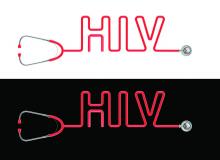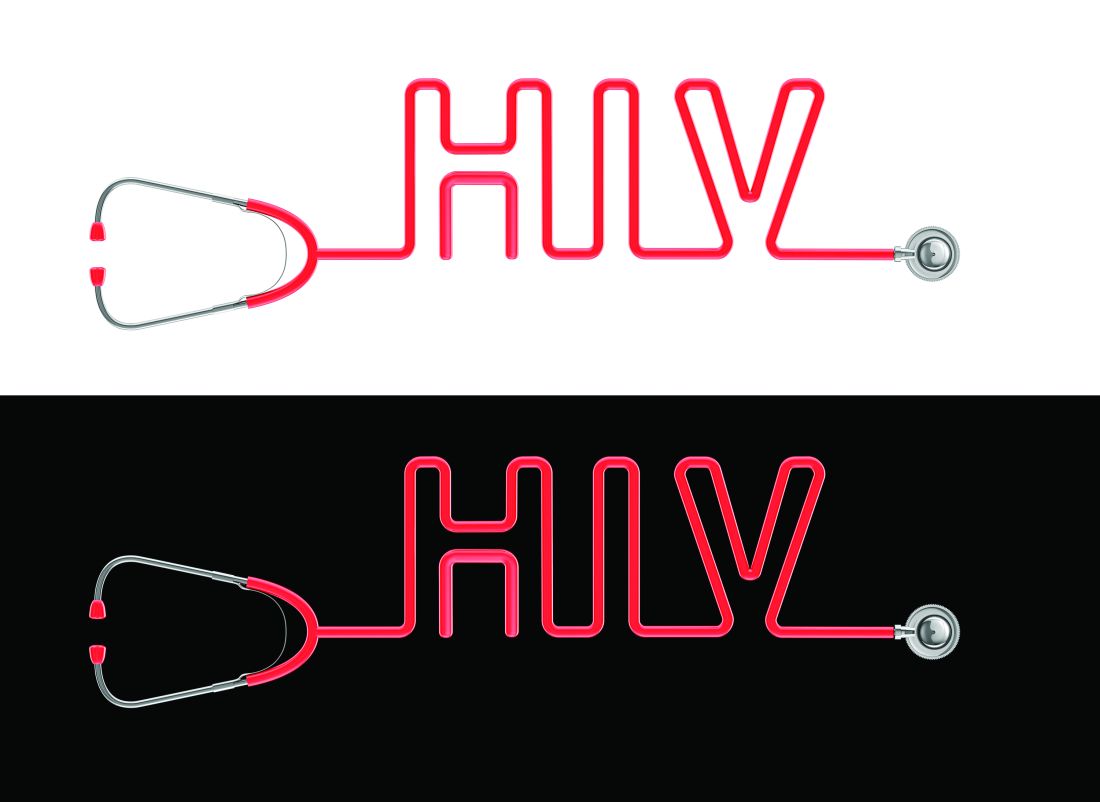There are recent advances in preexposure prophylaxis, or PrEP, as a promising prevention option for HIV, according to a recent study.1
“Modeling studies suggest that pre-exposure prophylaxis has the potential to curtail the HIV epidemic when used as part of a combination public health prevention strategy. The estimated number needed to treat to prevent one new infection might be as low as 13 when pre-exposure prophylaxis is given to a group at high risk of HIV (for example, incidence of 9%).”
Reference
1. Desai M, Field N, Grant R, McCormack S. “Recent advances in pre-exposure prophylaxis for HIV.” BMJ. 2017;359:j5011.
There are recent advances in preexposure prophylaxis, or PrEP, as a promising prevention option for HIV, according to a recent study.1
“Modeling studies suggest that pre-exposure prophylaxis has the potential to curtail the HIV epidemic when used as part of a combination public health prevention strategy. The estimated number needed to treat to prevent one new infection might be as low as 13 when pre-exposure prophylaxis is given to a group at high risk of HIV (for example, incidence of 9%).”
Reference
1. Desai M, Field N, Grant R, McCormack S. “Recent advances in pre-exposure prophylaxis for HIV.” BMJ. 2017;359:j5011.
There are recent advances in preexposure prophylaxis, or PrEP, as a promising prevention option for HIV, according to a recent study.1
“Modeling studies suggest that pre-exposure prophylaxis has the potential to curtail the HIV epidemic when used as part of a combination public health prevention strategy. The estimated number needed to treat to prevent one new infection might be as low as 13 when pre-exposure prophylaxis is given to a group at high risk of HIV (for example, incidence of 9%).”
Reference
1. Desai M, Field N, Grant R, McCormack S. “Recent advances in pre-exposure prophylaxis for HIV.” BMJ. 2017;359:j5011.
Content Gating
No Gating (article Unlocked/Free)
Consolidated Pubs: Do Not Show Source Publication Logo

